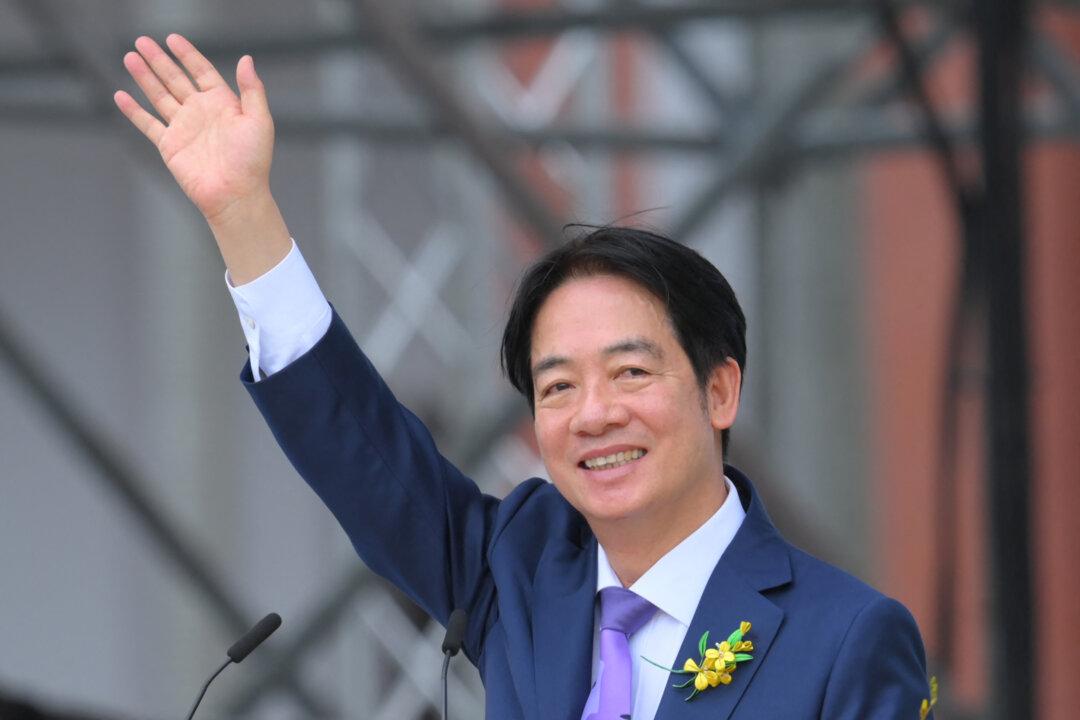Commentary
Taiwanese President William Lai (Lai Ching-te) of the Democratic Progressive Party was elected in January and has only been in office since May. But he has already revealed himself to be an expert at political warfare.

Taiwanese President William Lai (Lai Ching-te) of the Democratic Progressive Party was elected in January and has only been in office since May. But he has already revealed himself to be an expert at political warfare.